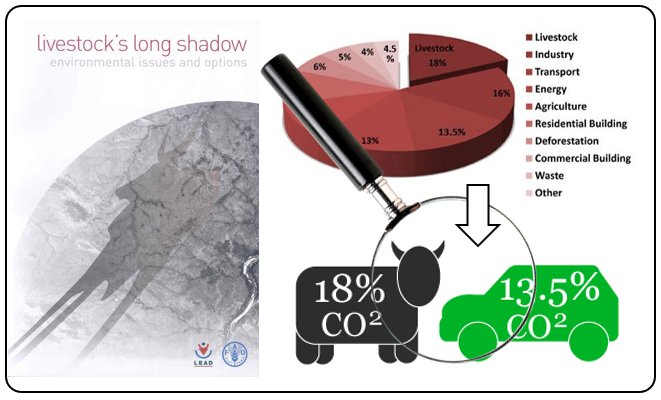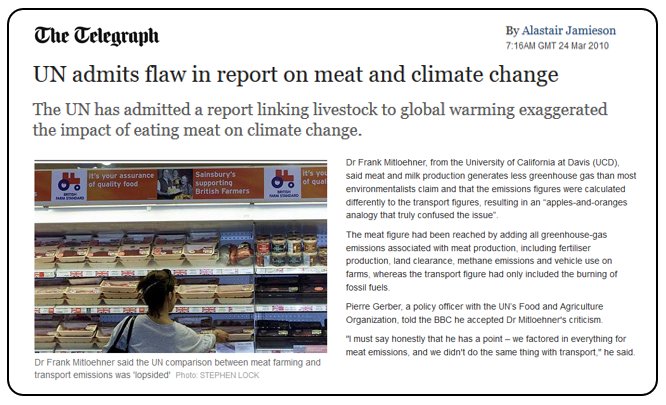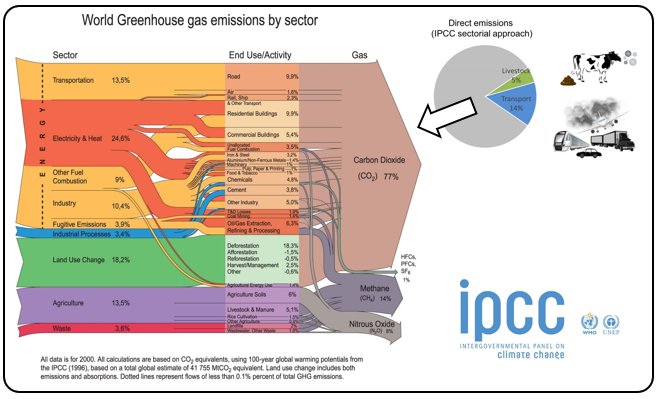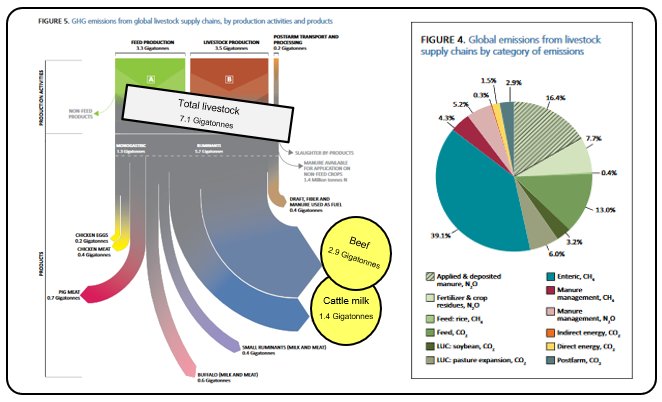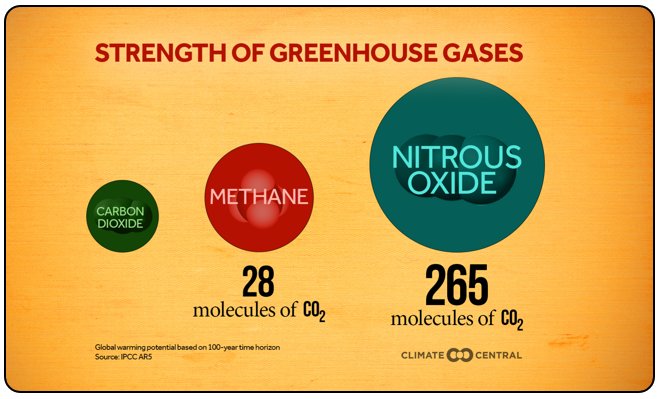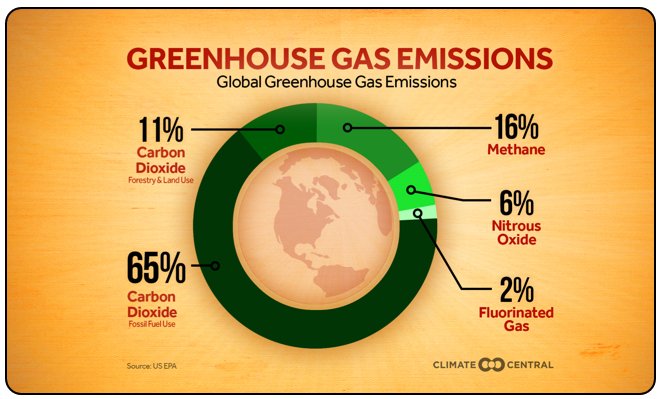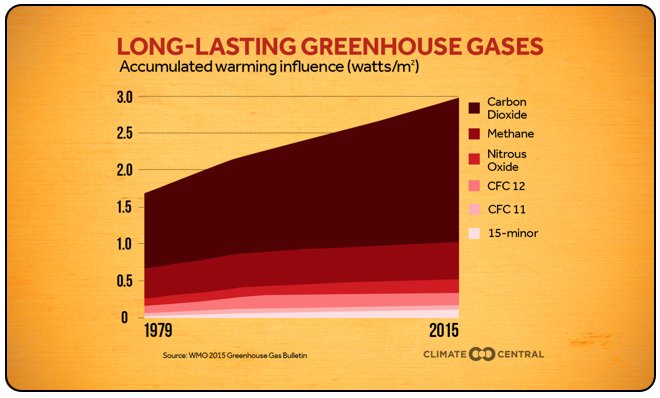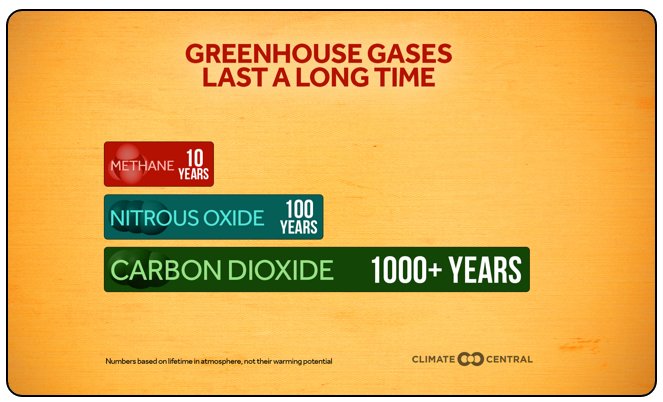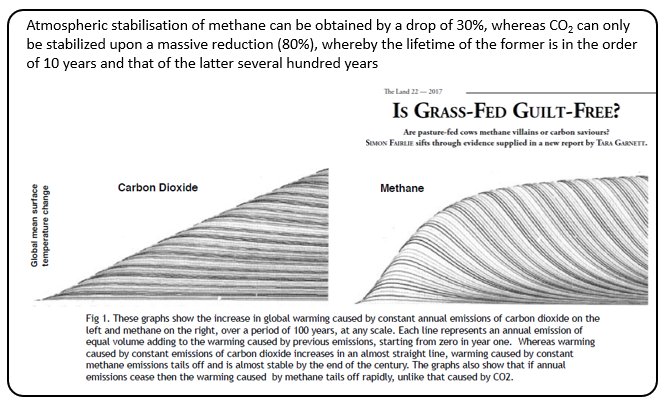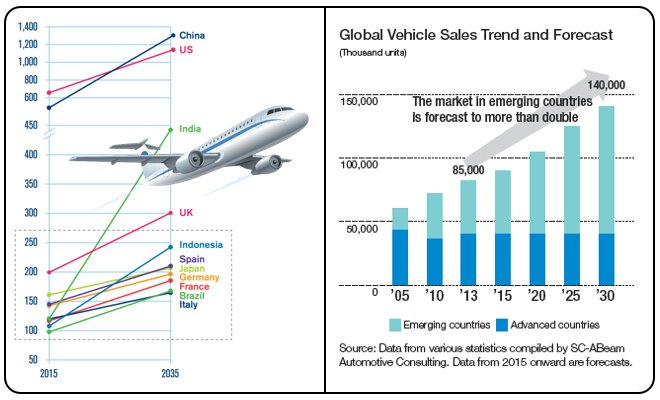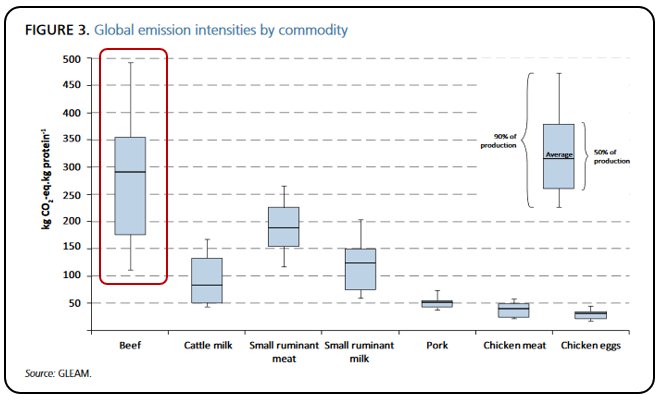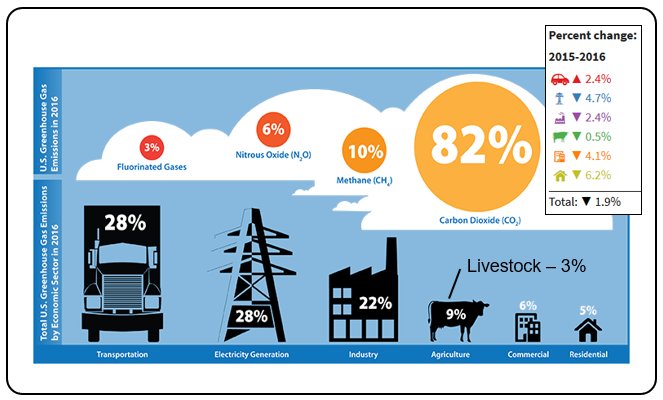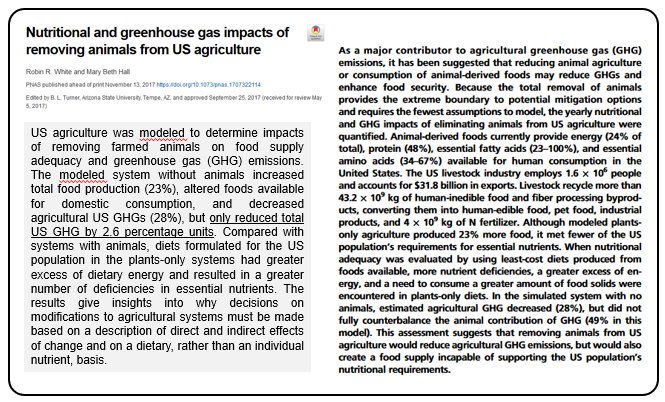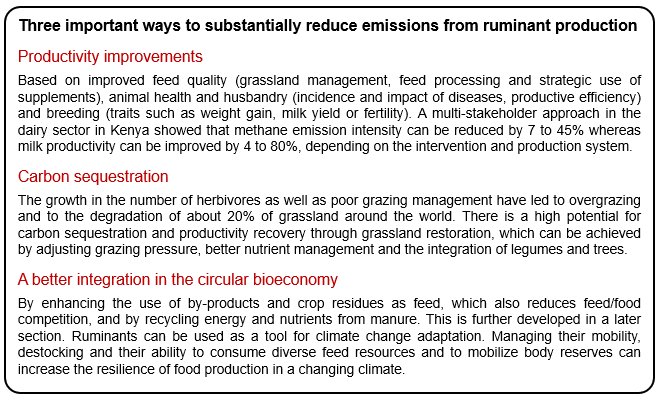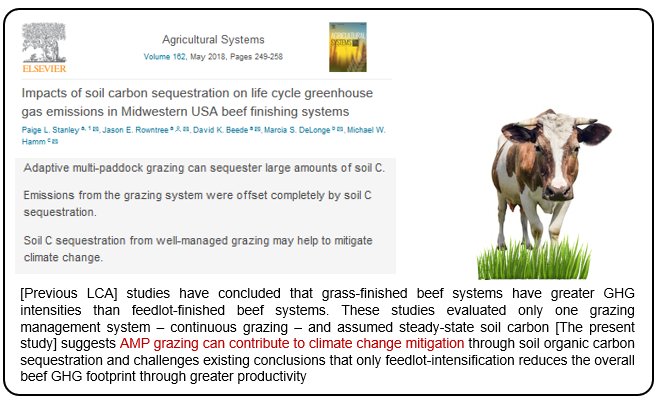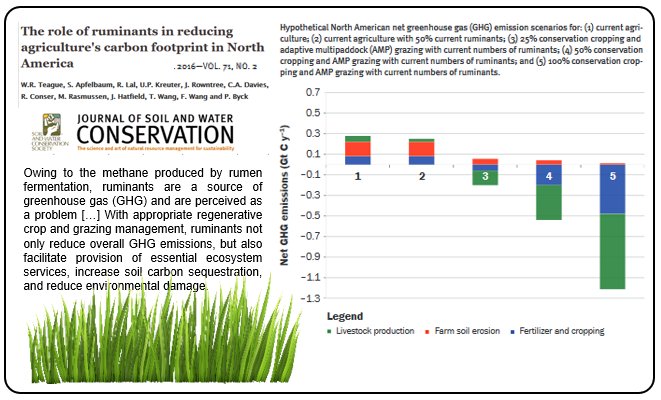"Cow farts cause more climate change than cars"  https://abs.twimg.com/emoji/v2/... draggable="false" alt="🙄" title="Face with rolling eyes" aria-label="Emoji: Face with rolling eyes">
https://abs.twimg.com/emoji/v2/... draggable="false" alt="🙄" title="Face with rolling eyes" aria-label="Emoji: Face with rolling eyes"> https://abs.twimg.com/emoji/v2/... draggable="false" alt="🤔" title="Thinking face" aria-label="Emoji: Thinking face">
https://abs.twimg.com/emoji/v2/... draggable="false" alt="🤔" title="Thinking face" aria-label="Emoji: Thinking face">
Below series of tweets where I try to put things in perspective https://abs.twimg.com/emoji/v2/... draggable="false" alt="👇" title="Down pointing backhand index" aria-label="Emoji: Down pointing backhand index">
https://abs.twimg.com/emoji/v2/... draggable="false" alt="👇" title="Down pointing backhand index" aria-label="Emoji: Down pointing backhand index">
Below series of tweets where I try to put things in perspective
In 2006, the FAO stated that livestock represents a larger issue than transportation with respect to climate change (18% versus 14% of the GHG emissions)
In 2010, FAO admitted that this comparison was incorrect after a trenchant critique by prof. Frank Mitloehner (UC Davis, USA) @GHGGuru
A major objection was the unfair use of LCA data for livestock but not for transportation, so that a direct comparison was not justified
When comparing direct emissions, the global output of livestock is even much below the one of transportation (5.1% versus 13.5%)
Moreover, in 2006, FAO’s estimate of 18% was reduced to 14.5% based on improved methodology using the GLEAM framework (equal to 7.1 out of IPCC’s total of 49 gigatonnes CO2-eq/y)
Most of the blame goes to cattle (beef and milk at 41% and 20% of the GHGs, resp.), while enteric methane (39%), feed (30%), and manure (26%) are the largest causes
Within livestock’s overall 14.5% contribution, feed (45%) and enteric fermentation (39%) are predominant, the rest is from manure decay (10%) and other factors (6%)
Enteric fermentation generates substantial amounts of methane, which corresponds to 29% of the total methane emissions worldwide
Methane receives a lot of attention because it is more potent than carbon dioxide (28x), but not so potent as nitrous oxide (265x)
Because of its potency, methane is responsible for about 16% of the total GHG emissions, when expressed as CO2-eq.
However, whereas methane emissions increased massively during the post-industrial era, they are now levelling off (in contrast to the ever-increasing CO2 levels)
As a result, the effect of methane on global warming is more or less constant since decades, whereas the larger effect of CO2 is still increasing rapidly
It is of primordial importance to point out that methane has a short lifetime and can thus still be mitigated, while the more worrying effect is related to CO2, which is out of control
The conventional metric viewing methane as many times more harmful than CO2 is thus misleading, also because the kinetics of atmospheric stabilisation are very different
In contrast to meat, traffic seems to get away with it, although the latter drives CO2 levels and has been increasing spectacularly over the last decades, both for land and air traffic
Traffic’s impact on CO2 levels is expected to increase steeply: both air and land traffic will continue to develop, especially in emerging countries
Not only does methane emissions have to be put in perspective, analysis should also take into account that 14.5% is a global number, masking variability (especially for ruminants)
In the US, for instance, direct emissions by livestock (3%) are far below the impact on GHGs by transportation, electricity, or industry (EPA, 2016)
Eliminating all US livestock would only give a 2.6% reduction in GHG emissions (corresponding to a global difference of only 0.4%)
However, a 30%-reduction can be achieved globally if all producers would adopt practices used by the 25% most efficient ones
Regeneratively grazed cattle may even create a net emissions sink, by drawing more carbon into the soil than the methane produced by the cows
Ruminants may not only reduce overall GHG emissions, by soil carbon sequestration, but also facilitate provision of ecosystem services and reduce environmental damage
With respect to decreasing methane emissions, also good to have a look at this tweet by dr. Place @drsplace https://twitter.com/drsplace/status/1053402986460971010">https://twitter.com/drsplace/...
Small update here: https://twitter.com/fleroy1974/status/1175371024126414848?s=20">https://twitter.com/fleroy197...

 Read on Twitter
Read on Twitter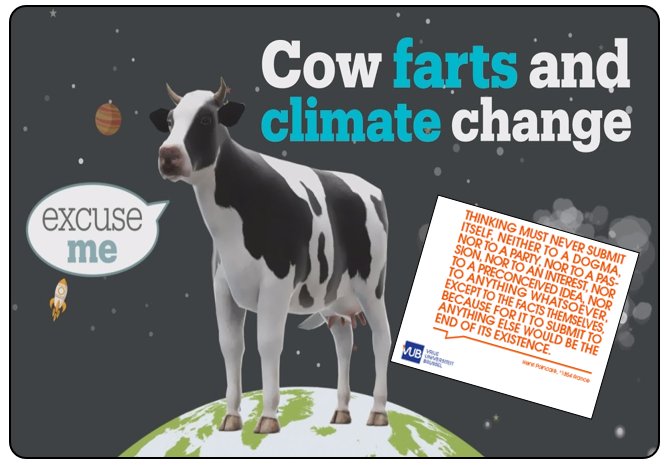 https://abs.twimg.com/emoji/v2/... draggable="false" alt="🤔" title="Thinking face" aria-label="Emoji: Thinking face">Below series of tweets where I try to put things in perspective https://abs.twimg.com/emoji/v2/... draggable="false" alt="👇" title="Down pointing backhand index" aria-label="Emoji: Down pointing backhand index">" title=""Cow farts cause more climate change than cars" https://abs.twimg.com/emoji/v2/... draggable="false" alt="🙄" title="Face with rolling eyes" aria-label="Emoji: Face with rolling eyes">https://abs.twimg.com/emoji/v2/... draggable="false" alt="🤔" title="Thinking face" aria-label="Emoji: Thinking face">Below series of tweets where I try to put things in perspective https://abs.twimg.com/emoji/v2/... draggable="false" alt="👇" title="Down pointing backhand index" aria-label="Emoji: Down pointing backhand index">" class="img-responsive" style="max-width:100%;"/>
https://abs.twimg.com/emoji/v2/... draggable="false" alt="🤔" title="Thinking face" aria-label="Emoji: Thinking face">Below series of tweets where I try to put things in perspective https://abs.twimg.com/emoji/v2/... draggable="false" alt="👇" title="Down pointing backhand index" aria-label="Emoji: Down pointing backhand index">" title=""Cow farts cause more climate change than cars" https://abs.twimg.com/emoji/v2/... draggable="false" alt="🙄" title="Face with rolling eyes" aria-label="Emoji: Face with rolling eyes">https://abs.twimg.com/emoji/v2/... draggable="false" alt="🤔" title="Thinking face" aria-label="Emoji: Thinking face">Below series of tweets where I try to put things in perspective https://abs.twimg.com/emoji/v2/... draggable="false" alt="👇" title="Down pointing backhand index" aria-label="Emoji: Down pointing backhand index">" class="img-responsive" style="max-width:100%;"/>
